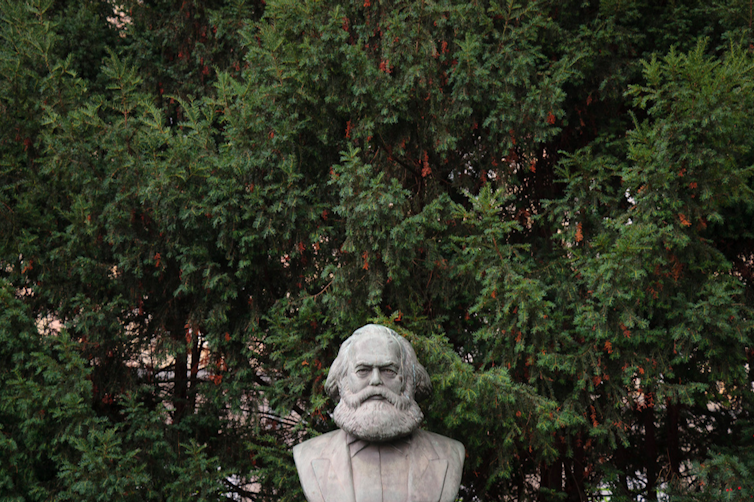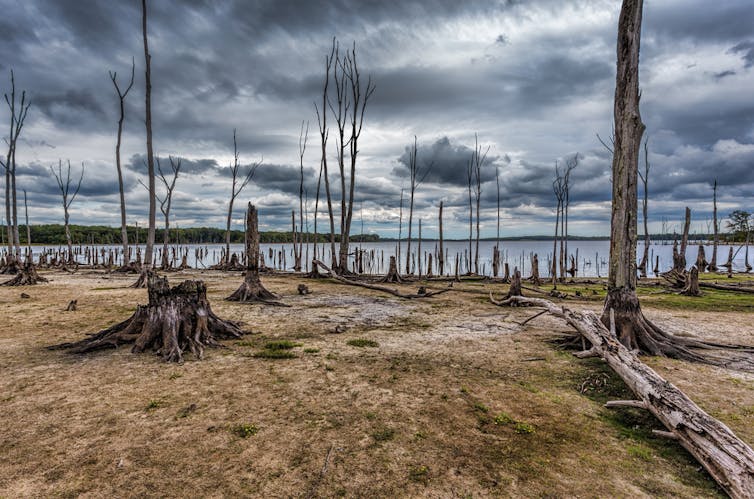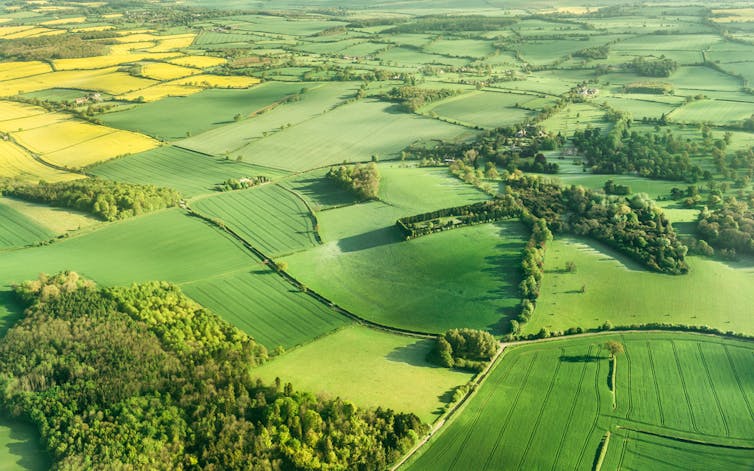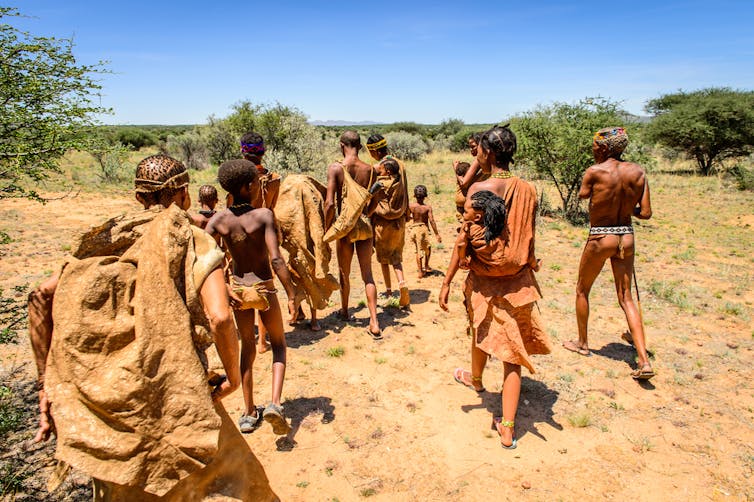.jpg/640px-Collected_works_of_Marx_and_Engles_(15941449894).jpg) |
| MECW. [A] |
Karl Marx and Friedrich Engels wrote a lot. To give you an idea: the Marx and Engels Complete Works (MECW) the most complete – in the sense of collecting their discovered writings between 1835 and 1895) – compilation of their written opus, numbers 50 volumes, each one between 600 and 800 pages long.
Even excluding introductions, content pages, appendices and endnotes, that’s plenty of writing: published and unpublished books and pamphlets, drafts and research notes for future work, newspaper analyses, public addresses, private and official letters to family, friends and associates, political or otherwise, communiqués. The variety of subjects they treated in those documents at least matches the variety in the kind of documents they produced: from philosophy, history, economics, sociology, politics, down to the kind of news one sends to one’s relatives and friends.
Much more importantly, however, is that scholars and academics in all those fields – plus many others – have found inspiration and insight there.
But Marx and Engels not only wrote a lot, they also read a lot. An amusingly ironic anecdote, told by the late Christopher Hitchens, illustrates: “Oh Mr. Marx, yes, to be sure. Gave us a lot of work ’e did, with all ’is calls for books and papers …” – a retired British Museum’s reading room librarian reminisced for the BBC, early 20th century. After that, the librarian added, nobody ever heard of Mr Marx again.
They – on top – not only thought long and hard about what they read, they also observed the world they lived in (modern opinion-makers – or opinionators, depending on your perspective – would be sensible to follow their example: we know you can write, the doubt is whether you can read).
Marx and Engels, in other words, did their homework: they learnt.
So much so, in fact, that careful readers, approaching their writings from different backgrounds, can identify insights surprisingly relevant to our own times.
And although Marx and Engels were not scientists in the modern sense of the word – nor did they ever claim otherwise – they read about science as well … (something economists and opinion-makers alike, negatives notwithstanding, seldom do nowadays).
Image Credits:
[A] Marx and Engels Collected Works. Author: Ben Sutherland. Source: WikiMedia. File licensed under the Creative Commons Attribution 2.0 Generic license. My usage of the file in no way suggests any endorsement from the file's author.
Without further ado
----------
What Karl Marx has to say about today's environmental problems

…all progress in capitalistic agriculture is a progress in the art, not only of robbing the labourer, but of robbing the soil; all progress in increasing the fertility of the soil for a given time, is a progress towards ruining the lasting sources of that fertility.
– Karl Marx, Capital vol 1
Following the collapse of the Soviet Union and an economic shift in China it seemed that capitalism had become the only game in town. Karl Marx’s ideas could safely be relegated to the dustbin of history. However the global financial crash of 2008 and its aftermath sent many rushing back to the bin.
For good or ill, the German philosopher’s ideas have affected our world more profoundly than any other modern social or political thinker. Yet on Marx’s recent 200th birthday, discussion of his continuing relevance was still dominated by “traditional” understandings of Marxism. Commentators, whether hostile or sympathetic, focused on his critique of the exploitation and inequality of capitalism and imperialism, and the struggle to transform society in a socialist direction.
Sadly, there was little – far too little – on Marx’s thinking on the relations between humans and nature.
After all, the steady but accelerating destruction by modern capitalism of the very conditions which sustain all life, including human life, is arguably the most fundamental challenge facing humanity today. This is most widely recognised in the shape of one of its most devastating symptoms: climate change. But there is much more to it, including toxic pollution of the oceans, deforestation, soil degradation and, most dramatically, a loss of biodiversity on a geological scale.

Some will say that these are new problems, so why should we expect Marx, writing more than a century ago, to have had anything worthwhile to offer to us today? In fact, recent scholarship has demonstrated that the problematic, often contradictory relationship between humans and the rest of nature was a central theme in Marx’s thinking throughout his life. His ideas on this remain of great value – even indispensable – but his legacy is also quite problematic and new thinking is needed.
Alienation – from nature
Marx’s early philosophical manuscripts of 1844 are best known for developing his concept of “alienated labour” under capitalism, yet commentators hardly ever noticed that for Marx the fundamental source of alienation was our estrangement from nature.
This began with enclosure of common land, which left many rural people with no means of meeting their needs other than to sell their labour power to the new industrial class. But Marx also talked of spiritual needs, and the loss of a whole way of life in which people found meaning from their relationship to nature.

The theme running through his early manuscripts is a view of history in which exploitation of workers and of nature go hand-in-hand. For Marx, the future communist society will resolve the conflicts among humans and between humans and nature so that people can meet their needs in harmony with one another and with the rest of nature:
Man lives on nature – means that nature is his body, with which he must remain in continuous interchange if he is not to die. That man’s physical and spiritual life is linked to nature means simply that nature is linked to itself, for man is a part of nature.
In these writings Marx makes vital contributions to our understanding of the human-nature relationship: he overcomes a long philosophical tradition of viewing humans as separate from and above the rest of nature, and he asserts the necessity for both survival and spiritual well-being of a proper, active relationship with the rest of nature. At the same time he recognises this relationship has gone wrong in the capitalist epoch.
The problem is capitalism – not humanity
In his later writings Marx develops this analysis with his key concept of “mode of production”. For Marx, each of the different forms of human society that have existed historically and across the globe has its own specific way of organising human labour to meet subsistence needs through work on and with nature, and its own specific way of distributing the results of that labour. For example, hunter-gatherer societies have usually been egalitarian and sustainable. However feudal or slave-owning societies involved deeply unequal and exploitative social relations, but lacked the limitlessly expansive and destructive dynamic of industrial capitalism.

This concept of “modes of production” immediately undermines any attempt to explain our ecological predicament in such abstract terms as “population”, “greed” or “human nature”. Each form of society has its own ecology. The ecological problems we face are those of capitalism – not human behaviour as such – and we need to understand how capitalism interacts with nature if we are to address them.
Marx himself made an important start on this. In the 1860s he wrote about soil degradation, a big concern at the time. His work showed how the division of town and country led to loss of soil fertility while at the same time imposing a great burden of pollution and disease in the urban centres.
Modern writers have developed these ideas further, including the late James O’Connor, the sociologist John Bellamy Foster, who identified an endemic tendency of capitalism to generate an “ecological rift” with nature, and those in the UK associated with the Red Green Study Group.
I suggested above that Marx’s ideas were indispensable but also problematic. There are places where he appears to celebrate the huge advances in productivity and control over the forces of nature achieved by capitalism, seeing socialism as necessary just to share the benefits of this to everyone. Recent scholarship has challenged this interpretation of Marx, but historically it has been very influential. It is arguable that the disastrous consequences of the Stalinist drive for rapid industrialisation in Russia came from that interpretation.
But there is another point. The newer ecological marxists argue, rightly, that capitalism is ecologically unsustainable, and that socialism is necessary to establish a rational relationship to the rest of nature. However, to build a movement capable of transforming society in this way, we need to recall Marx’s early emphasis on both the material and spiritual needs that can be met only by a fully rewarding and respectful relationship to the rest of nature: in short, we need a Marxism that is green, as well as ecological.![]()
Ted Benton, Emeritus Professor of Sociology, University of Essex
This article is republished from The Conversation under a Creative Commons license. Read the original article.
No comments:
Post a Comment